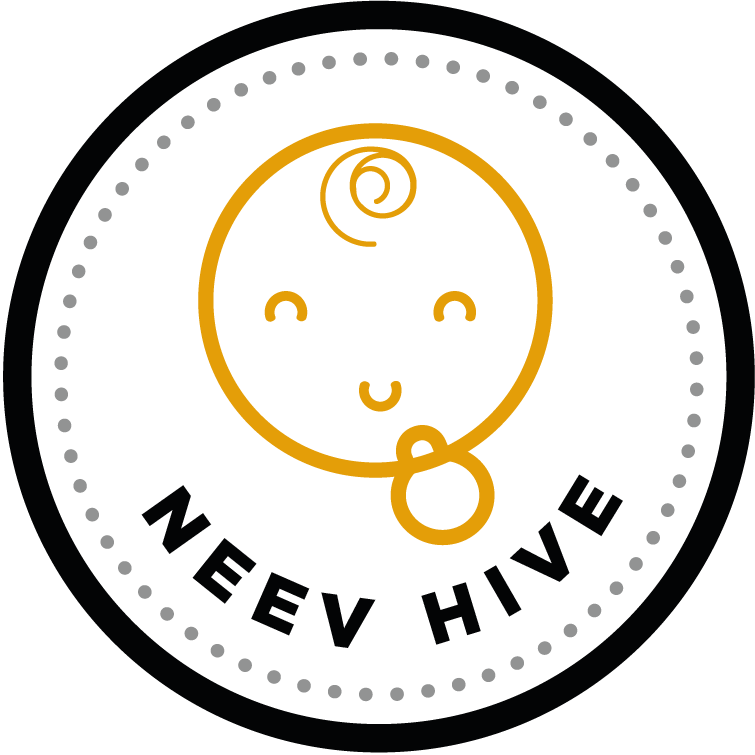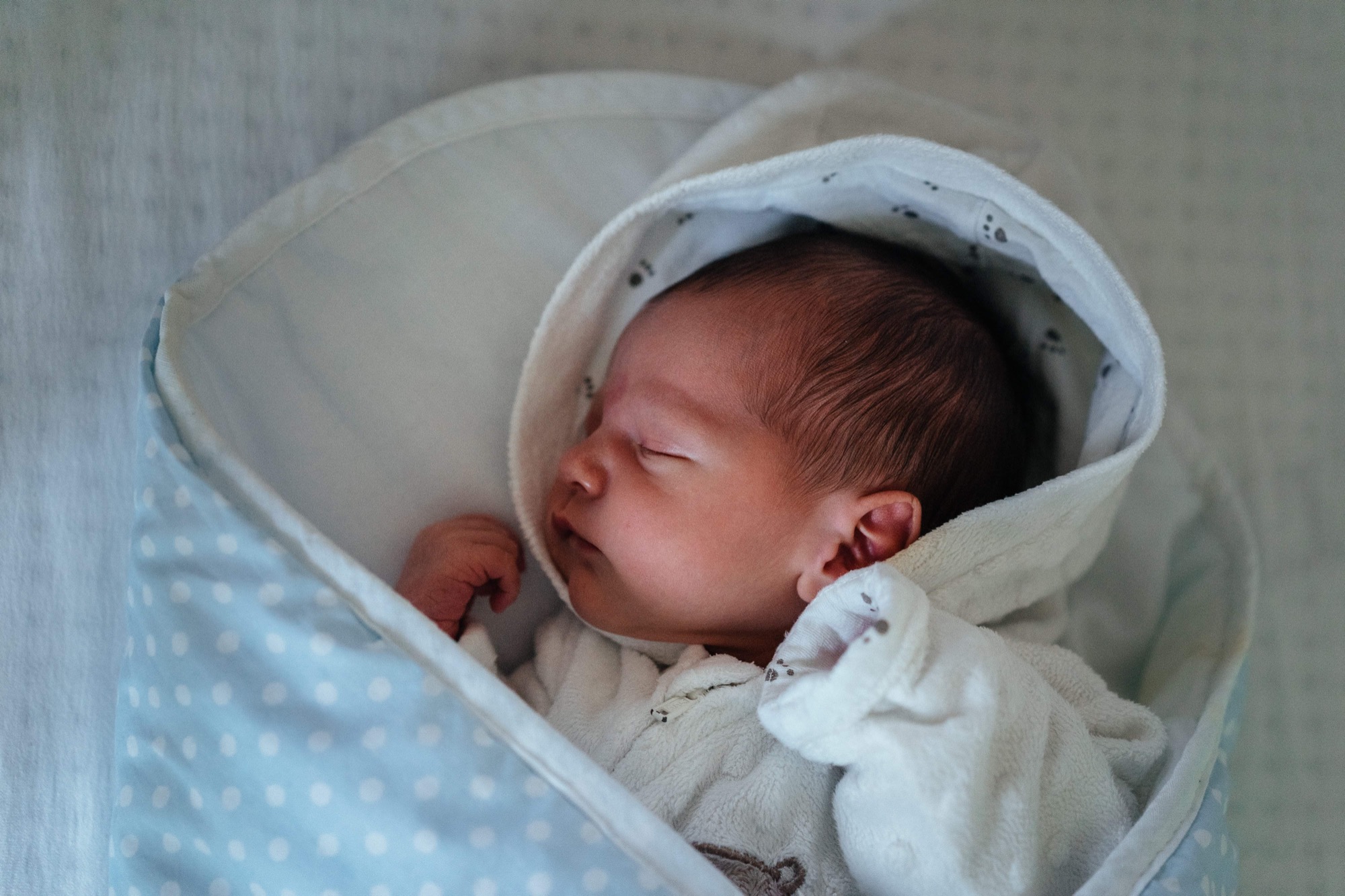Although this blog post is nowhere near long enough to set out all the amazing benefits of sleep, we want to cover the main ones!
You might be surprised to learn that sleep is still a bit of a mystery, a little like the ocean. We know about it but there is still a huge amount we do not know and it is a relatively ‘new’ area of research. Let’s set out what we do know.
Learning and memory
We all recognise how difficult it is to focus on information when we haven’t slept enough but absorbing information is only part of this. Learning and memory are divided into three functions: acquisition, consolidation and recall. Essentially, you need to receive the information, then you need to stabilise the memory of it, and finally, you need to be able to access and remember it.
Acquisition and recall only take place while you’re awake, but consolidation takes place during sleep. Without enough sleep you might manage to acquire information, but it won’t be properly stored in your brain, so you can’t remember it later on. Essentially during the right type of sleep your brain ‘pushes the save button’ on what we learn that day, which is why it’s so vital for children’s development and education. If your little one cannot remember what they practiced the day before they may not develop as quickly as those who get the right type and amount of sleep. We often see this when we are working with children who are trying to acquire a new skill like walking, crawling or even talking.
In a 2017 study, shown on Panorama, school age children slept for 1 hour more per night for a week and the results of the study showed:
• Their problem-solving ability increased by 66%
• The results of their memory test increased by 57%
• Their attention and focus increased by 44%
In relation to your little one’s development, therefore, sleep is incredibly vital.
Relationships and emotional well-being
We know if we don’t get enough sleep, we feel a little less ‘emotionally robust’ and unable to deal with personal relationships. Added to this, if your children are the reason you don’t sleep well, not getting enough sleep can also have a negative impact on your relationship with your children.
We have worked with a number of parents who have started to feel resentful of their toddlers and older children as they had no time with their partners or even a little time alone on an evening.
If you can’t spend time alone with your partner for extended periods of time, either on an evening or been co-sleeping with your child (not through choice) this really can have a knock-on effect on your relationship with your partner – not spending time together, sleeping in separate beds and we all know lack of sleep can make us more irritable, further exacerbating the situation.
A recent, 2019 study, by researchers at the University of California Berkley found poor sleep can increase an individual’s emotional stress levels by up to a third. Dr Matthew Walker said ‘without sleep, it is almost as if the brain is too heavy on the emotional accelerator pedal, without enough brake,”
Health and physical well-being
People who regularly get between 7-9 hours of sleep experience significantly lower rates of obesity, high blood pressure, stroke, infections, depression, diabetes, inflammation, hypertension, heart disease, heart attacks, and heart failure. They also report better performance at work,and take fewer sick days than people who typically sleep less than 7 hours a night.
Even in children, sleep reduces their risk of obesity and type 2 diabetes so from a health perspective they need their sleep!
Lack of sleep is so detrimental to your health that even a few hours less sleep a night, for just a few days, will have a visible impact on your skin. In 2016, Dr Guy Meadows carried out a study ‘The Impact of Sleep on Skin’ (involving Jodi Kidd) and found that for adults, 5 nights of 25% less sleep (6hrs not 8hrs) leads to:
• Double the amount of fine lines and wrinkles
• 75% more brown spots in the form of dark circles and the effects would worsen if lack of sleep continued
Even if you were not convinced of its wonder powers before this study, this alone is enough to ensure a good nights sleep! It will save a fortune in makeup!
Our top three tips to help your child sleep better
Your little one can be taught the skills they need to settle and sleep well, helping them to enjoy the many important benefits of sleep – and allowing them to establish a healthy sleep routine for the rest of their lives. Guiding little ones towards great sleep habits really is the best skill you can teach your children and something which will give them the best chance to reach their full potential as they get older.
In order to do this, we would suggest:
1. Popping your little one down without any reliance on sleep props. These can include feeding, motion or dummies (for children over 6 months);
2. Be consistent – make sure each sleep situation is exactly the same and, if you decide to help your little one towards their independent sleep skills, ensure you treat each sleep situation (naps, bedtime and overnight) the same to avoid confusion;
3. Respect naps and awake times! Ensure your little one has the right awake time and nap time for them, don’t be tempted to skip naps if they need them – this really will lead to tears.
The fact is your baby needs sleep even more than you do. Your little one’s body may look calm while they sleep, but behind the scenes there’s a lot of vital work going on. Growth hormones are being secreted to help your little one gain weight and grow, cytokines are being produced to fight off infections and produce antibodies, and many other intricate systems are at work laying the foundations for growth and development. They will continue to do so throughout adolescence, too, provided they’re given the opportunity.


